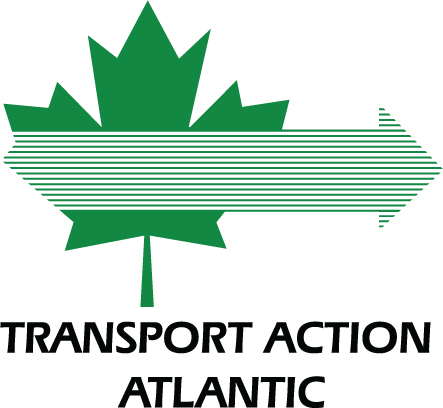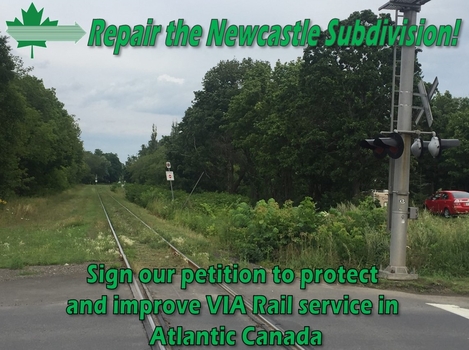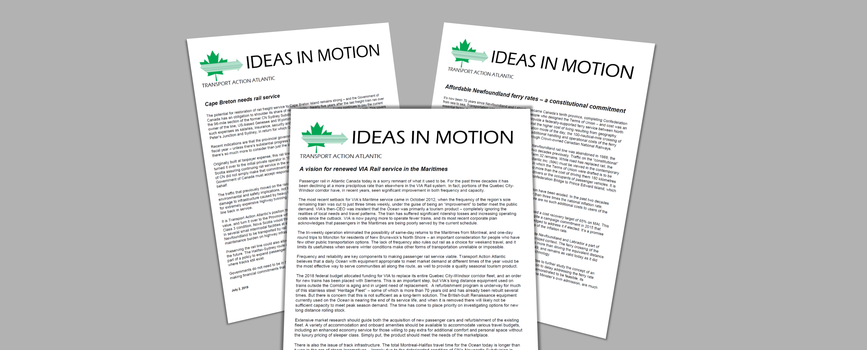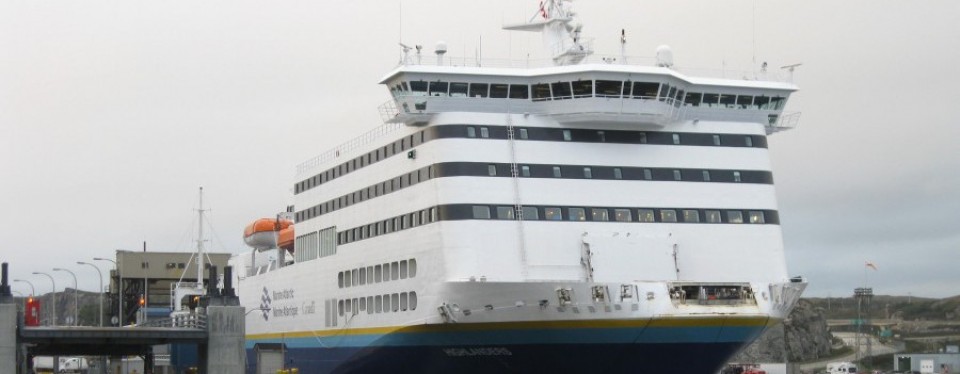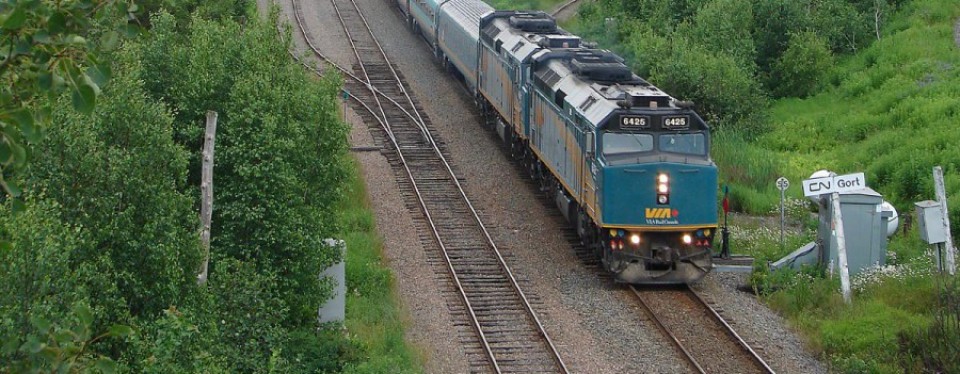
Why would a federally-funded ferry service be a provincial election issue? It’s really quite simple! Canada has a constitutional obligation under the 1949 Terms of Union to provide a reliable and affordable ferry service between North Sydney and Port aux Basques, but the cost to users has been surging rapidly upwards at an alarming rate. The Government of Newfoundland and Labrador must be vigilant to ensure that this federal responsibility is respected.
It’s been nearly 72 years since Newfoundland and Labrador became Canada’s tenth province, completing Confederation from sea to sea. Transportation was a key concern for the people who designed the Terms of Union – and cost was an essential factor. Accordingly, Term 32 obligated Canada to provide a ferry service between North Sydney and Port aux Basques, while providing assurance against the higher cost of living resulting from geography. Specifically, framed in conformity with the dominant transportation mode of the day, the 100-nautical-mile marine route was to be rated as an all-rail movement. The additional handling and operational costs of the ferry service were to be absorbed by the Government of Canada through Crown-owned Canadian National Railways. In simple terms, the Cabot Strait crossing was treated as if it were a bridge.
Much has changed in the intervening years. The narrow-gauge Newfoundland rail line was abandoned in 1988; the railway passenger service on the island had been discontinued two decades previously. Traffic on the “constitutional” ferry route is now all highway-based. But the basic principle of Term 32 remains. While road has replaced rail, the ferry service operated by the federal Crown corporation Marine Atlantic Inc. (MAI) must be viewed in the contemporary sense as an extension of the Trans Canada Highway. If the spirit in which the Terms of Union were drafted is to be respected, vehicles crossing the Cabot Strait should be charged no more than the cost of driving them 180 kilometres by highway. Arguably, there should be no additional fares for commercial drivers or the occupants of passenger vehicles. It is significant that these extra costs do not apply to users of the Confederation Bridge to Prince Edward Island, which is also a constitutional obligation of the Government of Canada.
Over time, the best intentions of the latter-day Fathers of Confederation have been eroded. In the past two decades Marine Atlantic’s rates have more than doubled – an increase greater than three times the national inflation rate. Security fees and fuel surcharges have also been added. Notably, there are no such additional costs to users of the Confederation Bridge, where tolls are tied to the cost of living index.
Under the previous Conservative government, Transport Canada imposed a cost recovery target of 65% on MAI. This has remained unchanged under the current Liberal administration – despite a campaign commitment by Justin Trudeau in 2015 that termed the existing cost recovery requirement as “unreasonable” and pledged to address it if elected. It’s a promise that has not been fulfilled, and ferry rates have continued to rise in excess of the cost of living index.
Transport Action Atlantic believes the spirit of the Terms of Union that made Newfoundland and Labrador a part of Canada should be respected, and that Term 32 must be viewed in a modernized context. The ferry crossing of the Cabot Strait is part of the Trans Canada Highway, and should cost users no more than driving the equivalent distance by road. This is an obligation assumed by the Government of Canada in 1949, and remains as valid today as it did then – notwithstanding the passage of time and changes in transportation technology.
With the federal government’s reluctance to address the issue, TAA believes that provincial politicians should be demanding answers. Unless there is a strong call for action from within the province, Ottawa clearly will not treat it as a priority. Recent talk about an undersea tunnel crossing of the Strait of Belle Isle should not be used as an excuse to delay dealing with the serious issue of ferry rates. Even if a “fixed crossing” between Newfoundland and the mainland is demonstrated to be feasible, its construction would lie many years in the future. Today’s ferry rates, by the Prime Minister’s own admission, are much higher than they should be – and immediate action is required. We are therefore inviting all parties in the 2021 provincial election to present their position on this important matter.
January 27, 2021
